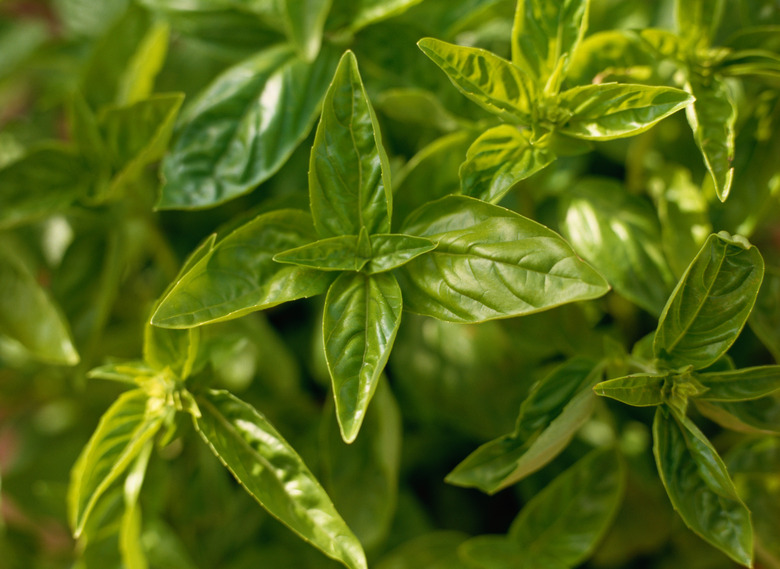Information About The Tulsi Plant
Ocimum sanctum, know commonly as tulsi, is also known as "holy basil" or "sacred basil". This plant is often grown in Hindu homes for its medical and spiritual properties.
History
Tulsi has been used in India, China and the Middle East for thousands of years. It became known as "sacred" or "holy basil" after it was introduced to European Christians.
Identification
There are three different strains of tulsi. Rama tulsi has green leaves, Krishna tulsi has purple leaves, and the third, Vana tulsi, is a wild variety. There is a great deal of variety in the size and coloring of these plants depending upon geography, rainfall and plant type.
Benefits
Tulsi is used in Ayurvedic medicine as an adaptogen. Claims have been made that the herb helps people adapt to stress and is used to restore balance within bodily systems. Tulsi has been used to treat colds, stomach problems, and headaches, among other uses. It is usually ingested as a tea or dried powder.



